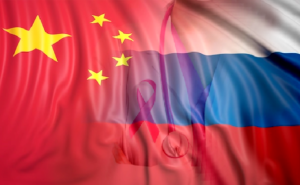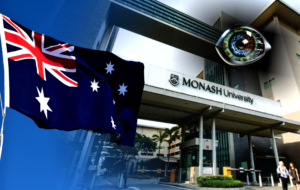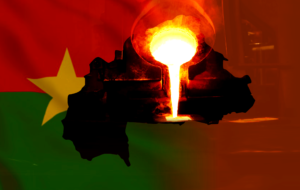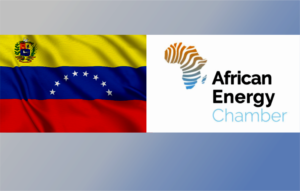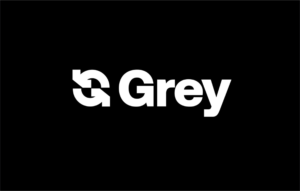Trump’s Reversal Speech at the UN: New Stance on Ukraine to Families, Politics and the World
In a surprise turn at the United Nations General Assembly in New York, US President Donald Trump declared that Ukraine could reclaim all of Ukrainian lands back in its original form with support from NATO and the European Union. His statement, calling Russia a “paper tiger” marks a sharp reversal from his earlier calls for Kyiv to make territorial concessions in exchange for peace. The pivot is more than diplomatic theatre, because it ripples across families, communities, businesses, politics, etc., as the implication on families and human cost could be multiple.
![]()
Ukrainian families separated by war could sieve-up a rekindling hope from Trump’s declaration. Millions displaced across Europe and beyond now hear the leader of the United States publicly affirm that full territorial restoration is possible. Yet hope also carries a burden: reclaiming occupied regions could extend the conflict, meaning more fathers, sons, daughters, or even relatives at the front lines. While more mothers would be waiting for news/returning back home from loved ones. Russian families, too, could face mounting losses as Moscow doubles down militarily despite sagging morale. Fracturing their cultural and social edge.
Culture has been at the heart of this war, with Russia’s invasion framed by Moscow as a rejection of Ukraine’s identity. Trump’s stance, aligning openly with Kyiv, reinforces Ukraine’s cultural sovereignty in the global imagination. Socially, his statement risks expanding divisions: in the US where opinion is split over military spending abroad, and in Europe where fatigue with the refugee crisis strains local politics and communities.
The shift places Trump in an unusual position. Once seen as ambivalent toward NATO and now calls for its central role in backing Ukraine. Domestically, Democrats may welcome his tougher tone on Russia but question its consistency. Republicans, particularly his base skeptical of foreign entanglements, face a choice between supporting their leader’s pivot or holding to isolationist instincts. Zelenskyy on the other hand, diplomatic victory that bolsters Ukraine’s case for more aid and faster EU integration would suffice, because it will engineer the dynamism for business and economic stakes.
Global markets are already sensitive to developments in Ukraine. A stronger Western push to recover territory raises the stakes for energy prices, food supply chains and defense industries. Grain exports from Odesa could stabilize if Ukraine regains control. But escalated fighting might spook investors and drive up costs. To the US and European defense contractors, Trump’s new rhetoric could translate into billions in fresh contracts, while ordinary consumers brace for the ripple effects that will fuel inflation. A dunging-bell of global order at a crossroads.
At the UN, Trump’s words highlight the illustrative weight of the war. The situation no longer depict a regional struggle but a test of whether borders in the 21st century can be redrawn by force. His message signals that the US may now be prepared to lean harder into the conflict, potentially reshaping NATO’s posture and the balance of power with China, which has quietly backed Moscow.
In respect to families grieving in Ukraine, or farmers in Africa reliant on Ukrainian wheat, or businesses balancing energy costs, or politicians gauging voter sentiment, Trump’s reversal is more than a headline. The war in Ukraine is not only about land, but about the fabric of global society and the choices nations must make in the face of aggression.



